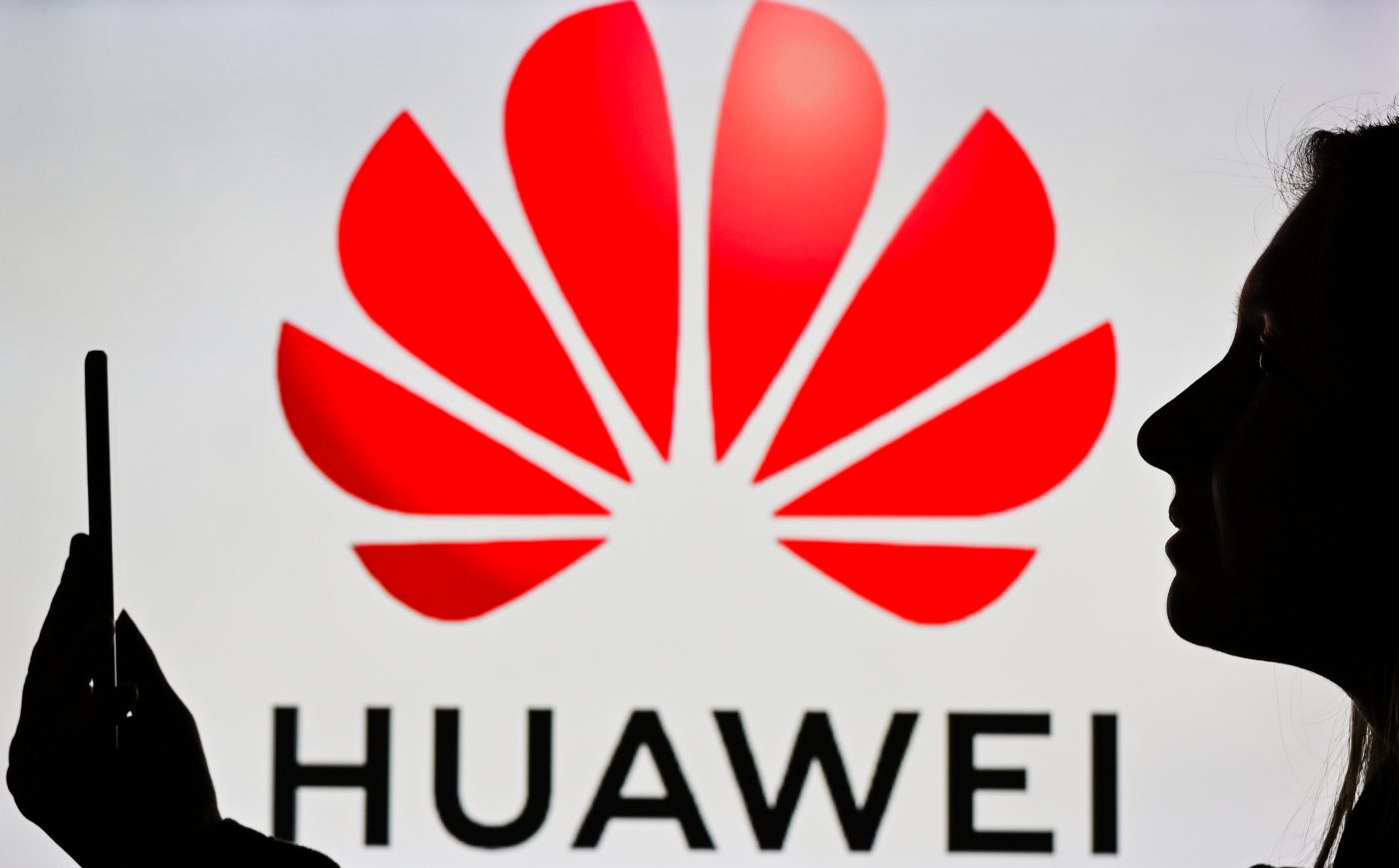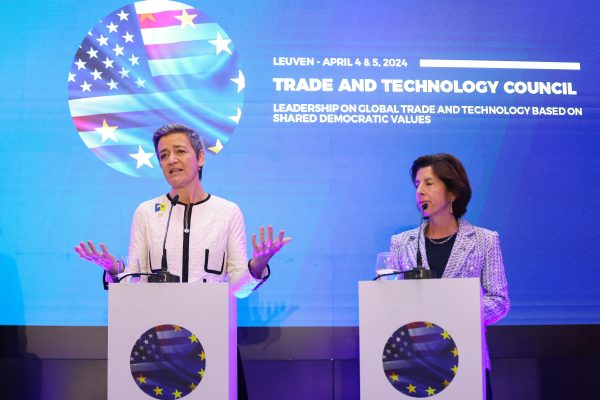Europe remains addicted to Chinese network equipment. In 31 European countries, my new study shows that Chinese vendors supply more than 50% of 5G equipment at the end of 2022. Large European countries–Germany, Italy, Poland, Portugal, Austria, and Spain–continue to buy significant amounts of Chinese 5G kit.
Under President Donald Trump, the US lobbied Europe to ban Chinese telecom suppliers. The Biden Administration has kept up and even intensified the pressure.
European Commission leaders in Brussels are sympathetic. They have adopted common “5G security toolbox” guidelines to mitigate security risks in networks, according to several legislative texts. European Commissioner Margrethe Vestager says it is a “matter of urgency” to restrict “high-risk vendors.”
Yet many national capitals are not listening. Although European governments in the past two years have imposed security policies on the telecoms industry to cut down on Chinese equipment, a dangerous patchwork persists. While some countries have banned Huawei, others allow it to continue its operations.
Germany represents a particular worry. Nord Stream 2 was Germany’s debacle with oil energy supplies from Russia; Germany risks a similar scenario in communications with Huawei and ZTE. In 2022, 59% of the 5G RAN in Germany comes from Chinese vendors. Huawei enjoys a higher market share in Berlin than in Beijing where it shares the market with ZTE and other vendors. Germany’s largest operator Deutsche Telekom maintains a strategic partnership with Huawei.
Germany accounts for 25% of European mobile customers. Together with Italy, Poland, and Austria, comprise 50% of European mobile customers. These countries are dependent on Chinese equipment, creating a risk for their own nations and others that use their networks. In one country, Cyprus, 100% of the 5G RAN is Chinese.
The United Kingdom has taken strong steps, effectively banning Huawei from new contracts. Yet 41% of its installed 5G networks is Chinese made and London recently extended the deadline to remove equipment and services from China's Huawei in core network functions to the end of 2023. The deadline to remove all Huawei gear from Britain's 5G networks is the end of 2027.
Of the major European countries, France has been the most aggressive. Chinese parts in its 5G network stood at a low 11% at the end of last year, less than half the level of Chinese penetration of its 4G network. While France will not ban Huawei, Paris has put safeguards in place for critical parts of its telecoms networks.
Other progress is visible. While 51% of European mobile subscribers had access to 4G RAN from Chinese vendors, the figure has fallen to 41% of the 5G mobile subscribers. And while 16 of 31 European countries bought more than half of 4G RAN equipment from Chinese vendors, only eight European countries count more than 50% of the Chinese 5G RAN equipment.
Operators in small European nations have led the switch away from Chinese suppliers. These include Telenor and Telia in Norway, TDC in Denmark, 3 in Denmark and Sweden, T-Mobile Nederlands, and Proximus in Belgium. None of those operators report increased network costs or delays in the 5G rollout.
Yet Huawei retains a large presence on the continent: only 11 of 31 European countries can offer their users access to clean, non-Chinese networks. When US General Darryl A. Williams, the commanding general of the United States Army Europe and Africa (based in Wiesbaden, German) uses a commercial mobile phone, the traffic is sent through a network built with Chinese equipment. Similarly, American soldiers use their personal devices in Germany, they engage on a Chinese network.
Despite the widespread knowledge of the threat associated with using Chinese equipment, some of Europe’s largest operators purchased and deployed Chinese 5G equipment in their networks after 2020. Europe’s policymakers must learn that it was not smart to depend on Chinese telecommunications infrastructure in the same way as it did for Russian gas. Otherwise, they are risking European security.
John Strand is the founder and CEO of Strand Consult.
Bandwidth is CEPA’s online journal dedicated to advancing transatlantic cooperation on tech policy. All opinions are those of the author and do not necessarily represent the position or views of the institutions they represent or the Center for European Policy Analysis.





